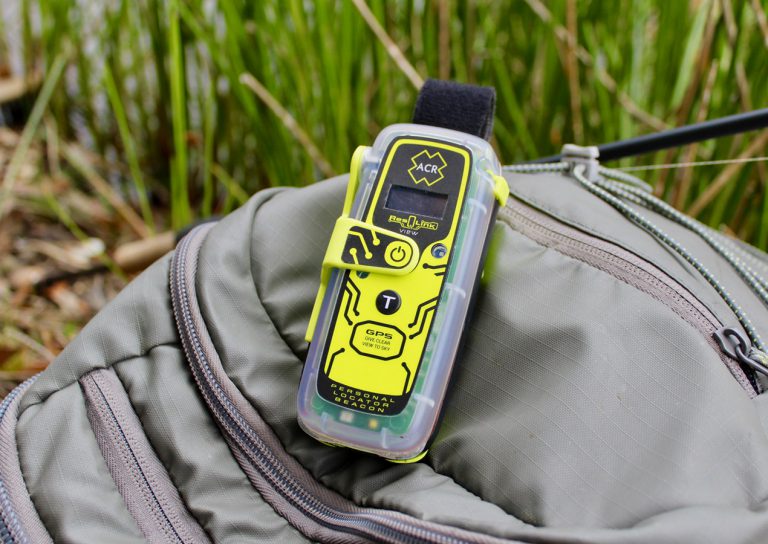 iphone
iphone
Why You Shouldn't Trust Your Cell Phone During an Emergency
Posted on July 2, 2019
Recent studies have shown that the more tethered we are to our smartphones, the harder it may be for us to think attentively, deeply and conceptually, but for us outdoorsy-types there are other factors to be considered. In other words, if you boat, fish, hike, bike, or otherwise take the road less traveled, there are reasons you shouldn’t trust just your cell phone alone in the event of an emergency.
Do you have a “Plan B” for an emergency in the following situations?
- You lose your cell signal or venture out of service range. Many of us operate on the assumption that we will have a cell signal, but the reality is that you may not always be in range of cell towers or reception centers. In addition, there are times when you could be right smack dab in the middle of the city at a large concert or event where too many people are congesting cell phone networks, leaving you with zero reception.
- Your cell phone overheats. If you’ve ever left your phone sitting outside in the sun or in your car a hot day, you’re probably already aware that it can overheat. What you may not know; however, is that there are other reasons your phone can go into high temperature mode. A faulty lithium-ion battery can cause overheating as well as Wi-Fi, GPS, and Bluetooth features being in use. Depending on how hot your phone gets and how long it has been in a high temperature range, it may or may not function in an emergency situation.
- Your cell phone shatters, breaks, or sinks. While some of the latest smartphone models are water-resistant or “splash-proof,” most are still fairly fragile (even with a protective case) and not fully waterproof. You have to do a considerable amount of research to educate yourself on the IP ratings for each model. IP stands for ‘Ingress Protection’ and is used to define the sealing effectiveness of electrical enclosures against intrusion from foreign bodies and moisture.
- Your cell phone can’t always communicate your precise location. Both Google and Apple are working on sharing exact location information in the event of an emergency, but relaying that information to an aging 911 system that was built for landlines is the concern.
Be safe, be smart, and don’t take unnecessary chances. Make sure you have a means of providing your precise location to Search and Rescue (SAR) forces if you are in distress, such as a Personal Locator Beacon (PLB).
The ResQLink View PLB is buoyant, has been professionally engineered and tested to ensure it can withstand the harshest of outdoor elements, and includes a digital display providing live status and GPS coordinates. Whether you are on land, at sea, or in the air, this PLB has the satellite precision and military durability that will provide you with your best chance of survival in an emergency situation.
Debbie Hanson is an award-winning outdoor writer, women’s sport fishing advocate, IGFA world record holder, and freshwater charter captain living in Southwest Florida. Hanson’s written work has appeared in publications such as Florida Game & Fish Magazine, BoatUS Magazine, and USA Today Hunt & Fish. To learn more about her work, visit shefishes2.com or follow her on Instagram @shefishes2.